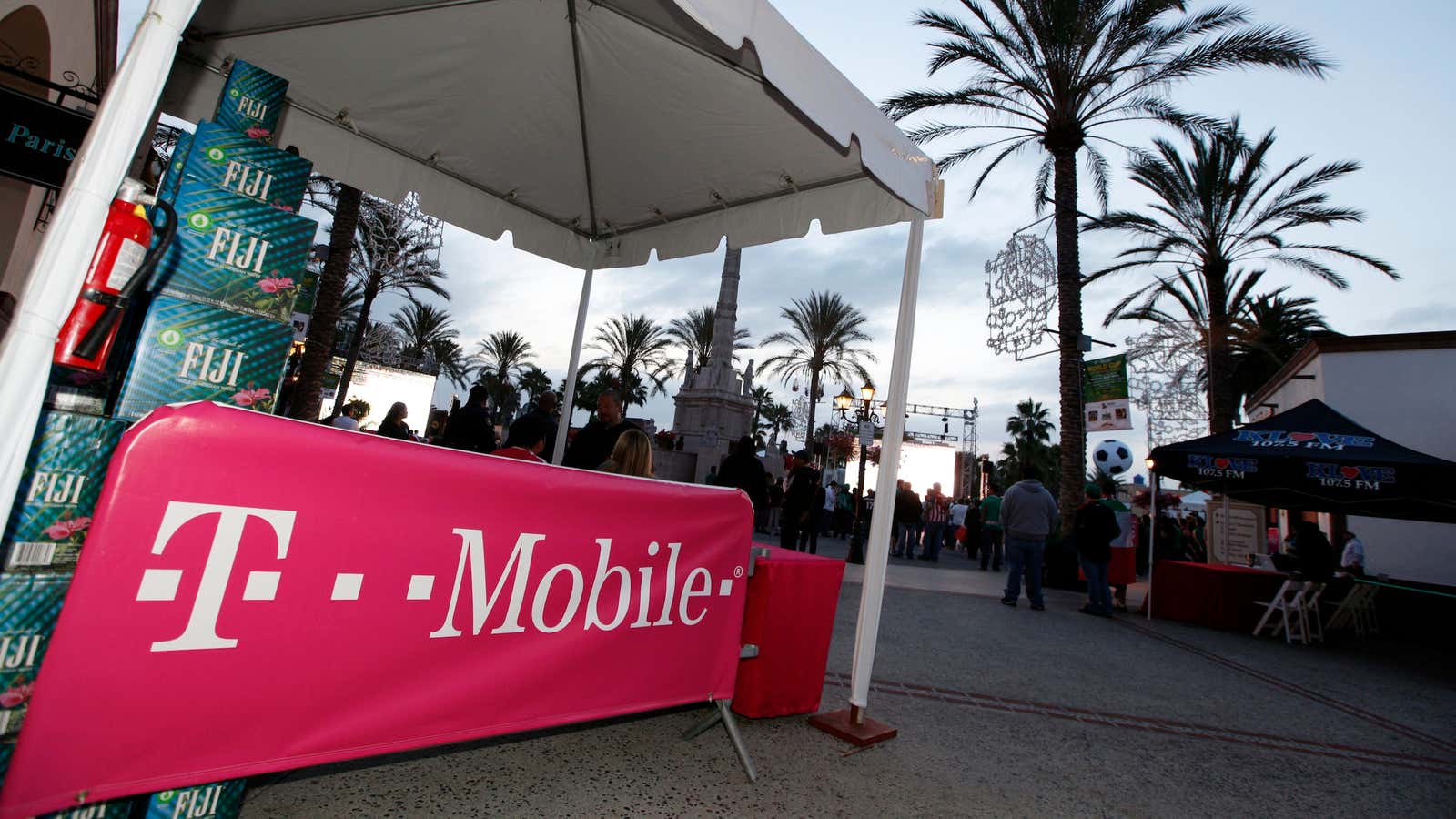It’s no surprise that Deutsche Telekom has given in to shareholder pressure. The German firm has been trying for a while to sell its American subsidiary, T-Mobile, but faced vocal opposition to its effort to do so via a merger of T-Mobile with Metro PCS. Faced with possibly losing the vote at a shareholder meeting scheduled for tomorrow, Deutsche Telekom sweetened its offer. Investors opposed to the original deal now support it. It’s the price Deutsche Telekom had to pay. And that’s the test for every company doing a deal that faces opposition—how badly do you want it?
The deal to take PC maker Dell private has also faced shareholder opposition. Some investors complained that the $13.65 per share offer from CEO Michael Dell, private equity firm Silver Lake and Microsoft was too low. Dell’s board special committee is currently in talks with private equity firms Blackstone and activist investor Carl Icahn to see if they will submit offers too. Whoever wins, it will likely result in a higher offer for Dell. And who wins will depend on who wants Dell more.
For the tie up between T-Mobile and Metro PCS, P Schoenfeld Asset Management led the opposition to the deal. The fund argued that the terms put too much debt onto Metro PCS. P Schoenfeld was joined by a high profile voice, hedge fund manager John Paulson. The new deal reduces the debt load by $3.8 billion. Metro PCS postponed the investor vote to April 24 to give shareholders time to consider the revised terms.
Deutsche Telekom has said it wasn’t desperate to sell T-Mobile. But the US unit has been draining customers and lagging behind rivals in technology, making it a big headache. The German firm thought it found a solution in 2011 when it reached an agreement to sell T-Mobile to AT&T, but that deal faced intense opposition by US antitrust regulators, forcing Deutsche Telekom back to the drawing board.
For Metro PCS, Deutsche Telekom said just last week it wasn’t going to change its terms. But as it tallied the polls for the shareholder vote, the German firm saw the writing on the wall. It no longer wanted to deal with the albatross of T-Mobile and there were few other options. It decided to blink.
Next up will be Sprint’s deal to acquire Clearwire, which also faces challenges, partly because of a counteroffer from Dish Network. Again, the question for Sprint will be how badly do they want it.
